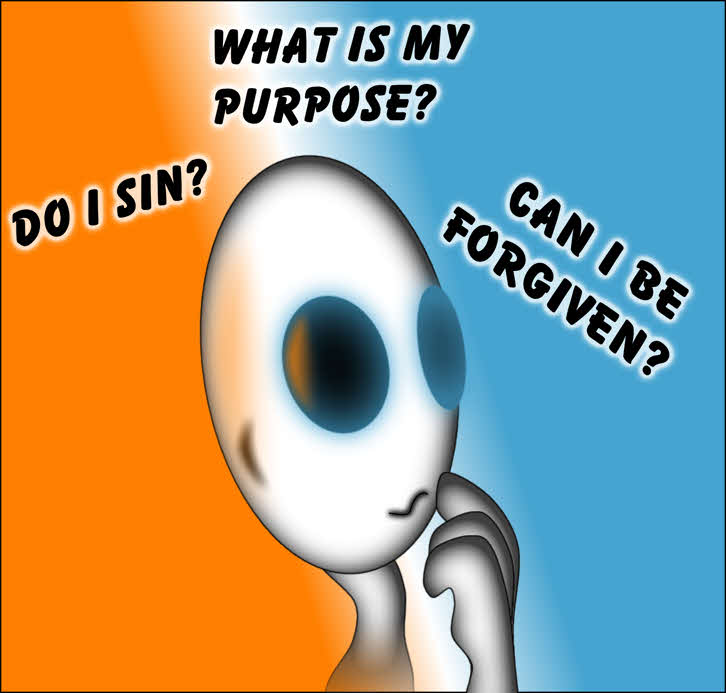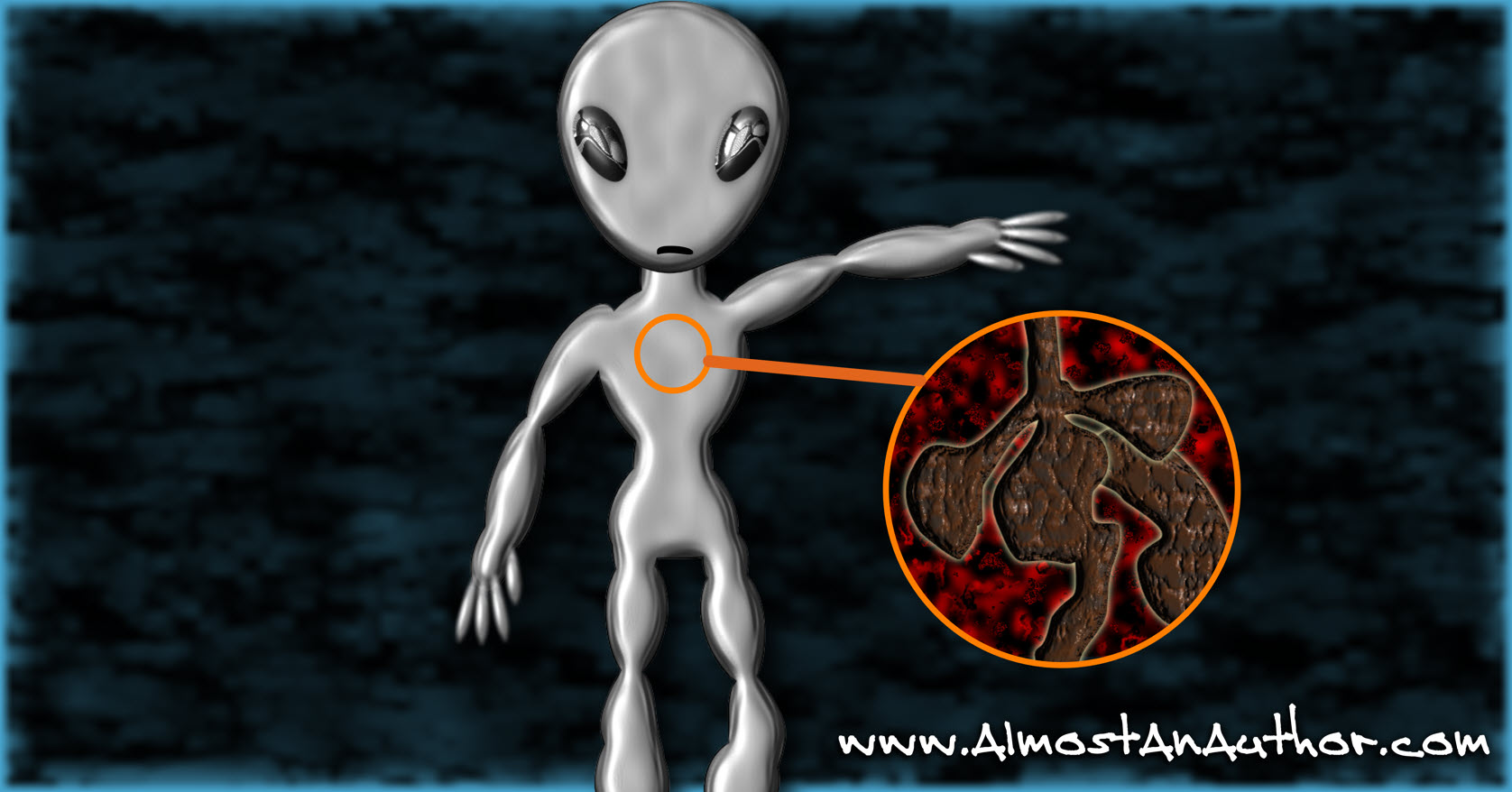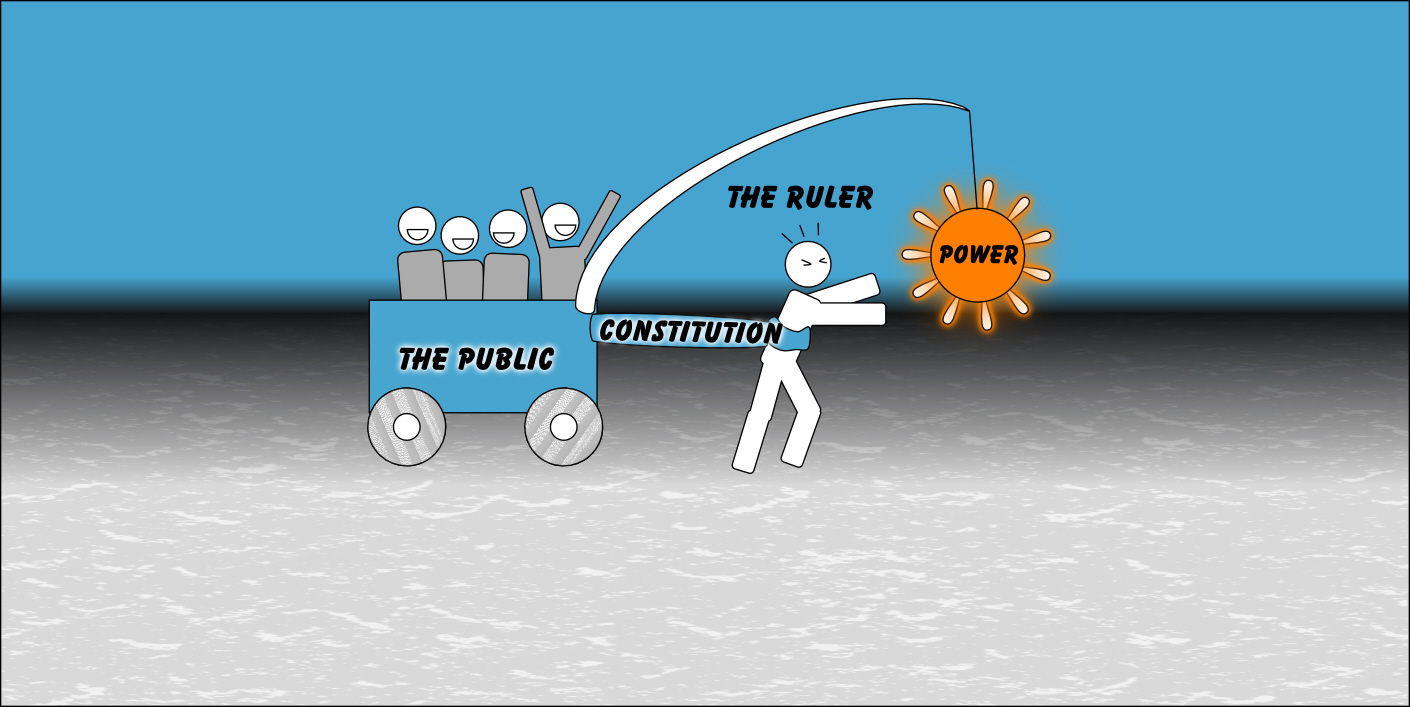Atheists believe all creatures evolved over countless millennia of bloodshed, allowing only the fittest members of a species to breed. They therefore imagine all sentient life with the same violent nature as humanity, and the same basic need for governance.
But the writer of Christian science fiction and fantasy has a unique perspective on mankind, and therefore also a unique way to imagine inhuman races. That comes from a biblical understanding of the nature of man.
But the first question the Christian needs to ask when writing a work of Christian science fiction or fantasy is this: Does your world even take place in our universe? If so, you have to take certain things into account. Specifically …
[bctt tweet=”Does your world even take place in our universe? #storyworld #scifi #fantasy” via=”no”]
God is in charge and has a purpose
If the God we know from the Bible exists in your fiction, then we know certain things are true. Specifically: God created man intentionally (not accidentally) to have a relationship with him, man rebelled against God, and God allows man to be forgiven.
Understanding these fundamental aspects of humanity will guide you when writing about non-humans in a biblical universe. Why? Because although God gave all creatures a purpose, an alien’s purpose may be very different from our own. Maybe God didn’t create the space-fairies to worship him, but to punish humanity. Scary thought, but it wouldn’t be unprecedented based on the way He used Cyrus in Isaiah’s prophecies.
God so loved [humans] that he gave his only begotten son
Sin and redemption are so intrinsic to humanity that we forget that mankind may be unique in this regard. But have aliens even rebelled against God like humans? Perhaps they had a test like the one in Eden but passed. Obviously their relationship with the Lord would look very different. A great pair of novels that deal with this theoretical issue are Out of the Silent Planet and Perelandra, both Christian science fiction novels by C.S. Lewis.
[bctt tweet=”have aliens even rebelled against God like humans? #storyworld #scifi” via=”no”]
Even if aliens did fall from grace, redemption may look different. God chose a very awesome way to reconcile man to himself, but a different method could be employed to bring otherworldly people to himself. For example, Ted Dekker’s Circle series (Quadrilogy?) had an unusual redemption story for the characters in his alternate reality/ future/ past/ whatever it was.
A sad possibility is that there is no hope for redemption for an alien race. It sounds cruel, but we know of one sentient alien species in our own reality that has fallen members with no hope for salvation. No, not the Rock People from the Noah Movie. Sigh. Angels and Demons. Angels were created for purposes similar to man’s (worshipping God), but somewhere along the line, a third of the angels rebelled against God (just like Adam rebelled). To our knowledge though, their species has not been offered forgiveness. The mercy He grants humanity gives us a unique and humbling position.
Before I completely overwhelm you, not all sci-fi and fantasy needs to have aliens or other species. Examples: The Battletech series by Michael A. Stackpole and others, Joss Whedon’s Firefly (ok it’s a TV show, not a book), and Isaac Asimov’s Foundation. But if you’re writing Christian science fiction in our biblical universe and describing fictitious species , you’ll need to consider which aspects of man’s story are unique and which aren’t. Maybe heaven in your book will contain many different species, or maybe not. You don’t have to describe this heavenly display, but you should keep it in mind as an end-goal for your protagonists. At any rate, God’s eternal plan is of supreme importance in human lives, so it at least bears consideration for nonhumans. And a better understanding of humanity’s own (possibly) unique story will help you craft your own.







2 Comments
I had read this a while ago, but just forgot to comment. There are some really interesting ideas in here and some have crossed my mind as I write. I feel that when I think about Biblical principles and stories that my work comes to life more easily, characters come across as deeper, and the fictional world tends to make more sense.
Thanks,
Timothy Zuehlke
Yeah man, a good theological perspective can really help you write fictitious species much more believably. A book that recently came to my attention that parallels much of this is Michel Faber’s sci-fi novel, The Book of Strange New Things. I’m really curious to pick it up and see if the christian author comes to some of my same conclusions!